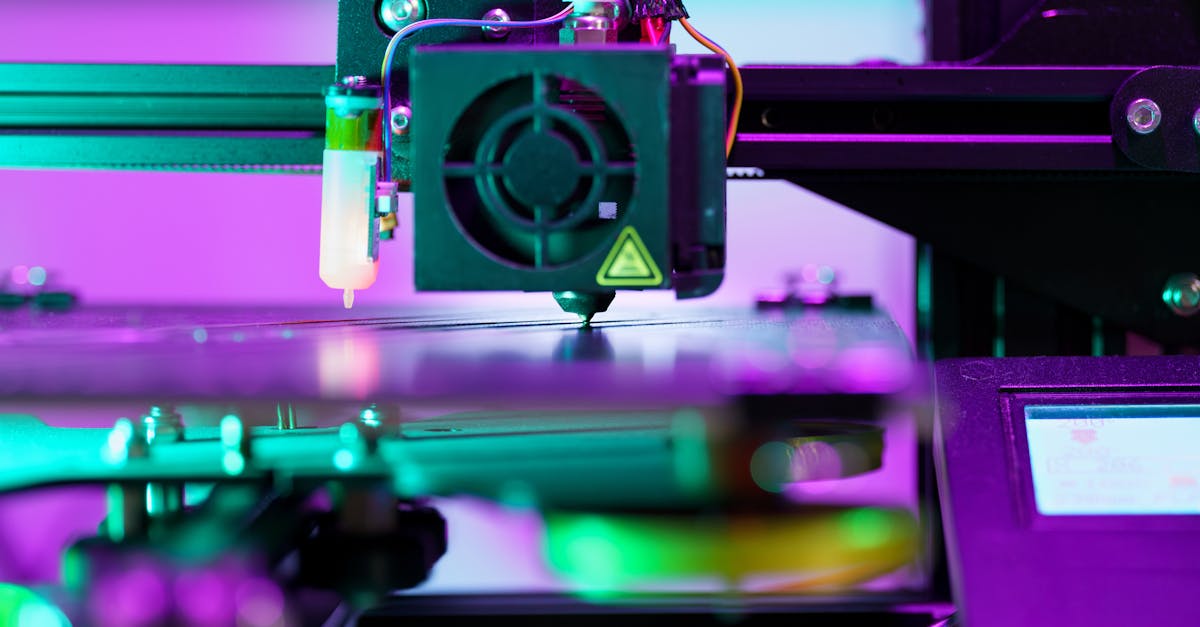Fashion Finesse Innovations Illuminated
Introduction
Fashion, a vibrant tapestry of expression, influences and reflects society's evolution. Technological integration has redefined the fashion industry, pushing boundaries and catalyzing new trends. In an era driven by rapid changes, fashion innovators are harnessing advanced technologies to create sustainable solutions and elevate style. Fabric that adapts to environmental conditions, AI-driven design, and immersive retail experiences are steering fashion toward an unprecedented artistic domain. These innovations are not only enhancing aesthetic values but also prioritizing sustainability and inclusivity. As the industry evolves, the future of fashion promises to be both thrilling and transformative.
Advertisement
Smart Fabrics Revolution
Smart fabrics represent a pivotal advancement in the global fashion scene. Integrating technology into textiles transforms clothing into responsive, interactive items. Fabrics that adjust to temperature changes, emitting warmth or providing ventilation, are becoming more common. Additionally, with built-in bio-sensors, clothes can monitor health metrics like heart rate or body temperature. This concept extends to environmental monitoring, where fabrics can detect pollution levels, offering both practicality and innovation. This dynamic evolution creates garments that are functional, desirable, and environmentally conscious.
Advertisement
AI in Fashion Design
Artificial Intelligence (AI) is revolutionizing the creative processes within the fashion industry. Designers now leverage AI to enhance their creativity and streamline tasks. Algorithms analyze vast datasets to forecast trends, offering designers insights into consumer preferences and market demands. AI can also generate unique patterns or envisage virtual garments, allowing designers to experiment without physical limitations. Additionally, with customization becoming a modern luxury, AI facilitates personalized fashion offerings, connecting deeply with individual consumer tastes and crafting signature styles seamlessly.
Advertisement
Immersive Retail Experiences
The retail landscape is evolving as technology shapes how consumers interact with fashion. Virtual and augmented reality experiences in physical stores transport shoppers into new realms, transcending traditional browsing. Interactive mirrors and virtual fitting rooms reduce purchase hesitation by ensuring a perfect fit before buying. Personalization extends into the digital sphere, where AI curates product recommendations, tailoring shopping experiences to individual style profiles. Retailers utilizing tech to enhance engagement portray brand identity effectively, fostering consumer loyalty and elevating brick-and-mortar spaces into experiential hubs.
Advertisement
3D Printing Prospects
3D printing in fashion offers sustainability and creativity bundled in one revolutionary package. Reducing textile waste and allowing for on-demand production, this innovation is integral to sustainable fashion initiatives. Designers employ 3D printing to craft intricate designs, previously unattainable with traditional methods. This technology encourages customization, enabling unique, tailored-to-function garments. It potentially redefines distribution, decreasing large-scale manufacturing in favor of local production. The versatility of 3D printing advances boundary-pushing designs, as creators experiment with unconventional materials and structures.
Advertisement
Sustainable Fashion Innovations
Concern for the environment shapes the trajectory of sustainable fashion innovations, amplifying the industry's transformative power. Designers are increasingly adopting eco-friendly manufacturing processes, minimizing the ecological footprint by using recycled materials. Biodegradable fabrics made from plant fibers and fabrics utilizing waste-derived yarns are gaining traction. Water and energy conservation methods are central to the production shift, aligning industry practices with environmental ethics. Collectively, these initiatives align fashion with a growing global demand for sustainability, appealing to consumers mindful of their consumption's impact.
Advertisement
Circular Fashion Economy
The circular economy framework offers a roadmap for sustainable fashion, emphasizing continuous resource loops. Encouraging consumers to recycle, reuse, and repurpose clothing minimizes waste and conserves resources. Thriving resale and rental markets offer consumers access to desired fashion without ownership burden, promoting sustainability. Brands are adopting take-back programs, incentivizing garment recycling and facilitating material re-introduction into the supply chain. This new model challenges fast fashion's linear dynamics, encouraging shared responsibility between consumers and brands for long-term ecological benefits.
Advertisement
Inclusive Fashion Direction
Fashion's expression of identity sparks movements towards inclusivity in design and marketing. Prioritizing diverse representation, brands are showcasing varied body types, genders, and cultural influences in their campaigns. Adaptive apparel caters to individuals with disabilities, ensuring style accessibility for all. Cultural fusion designs celebrate heritage through fashion, fostering global inclusion and community connection. Forward-thinking brands embracing inclusivity spearhead industry unity, breaking barriers and redefining traditional fashion boundaries.
Advertisement
The Role of Blockchain in Fashion
Blockchain technology offers transparency and trust across the fashion supply chain. Enabling traceability, it authenticates garments' origins and verifies materials' ethical sourcing. For consumers, blockchain ensures the authenticity and legitimacy of high-value assets, combating counterfeits. Its implementation aligns with sustainability by increasing brand accountability and encouraging responsible practices. As more fashion houses embrace blockchain, industry dynamics increasingly align with consumer values, fostering trust and strengthening brand integrity.
Advertisement
Conclusion
Fashion's journey through technological innovation illustrates a transformative era, blending creativity with functionality. As smart designs redefine wearability, AI and immersive experiences enrich the fashion landscape. Sustainability as a priority shapes both production methods and consumer behavior, steering the industry toward an ethical future. The inclusive and transparent frameworks championed by modern fashion ensure it reflects all facets of society, embracing diversity. Embracing change unlocks infinite possibilities for self-expression, ensuring fashion remains an ever-evolving art form.
Advertisement
